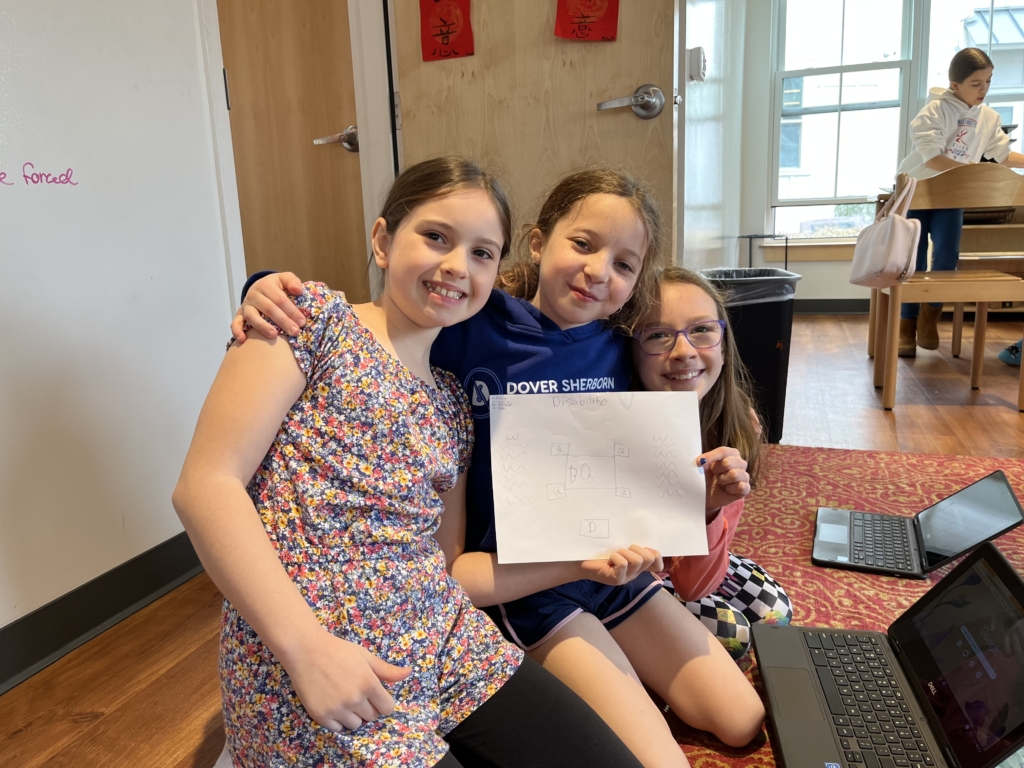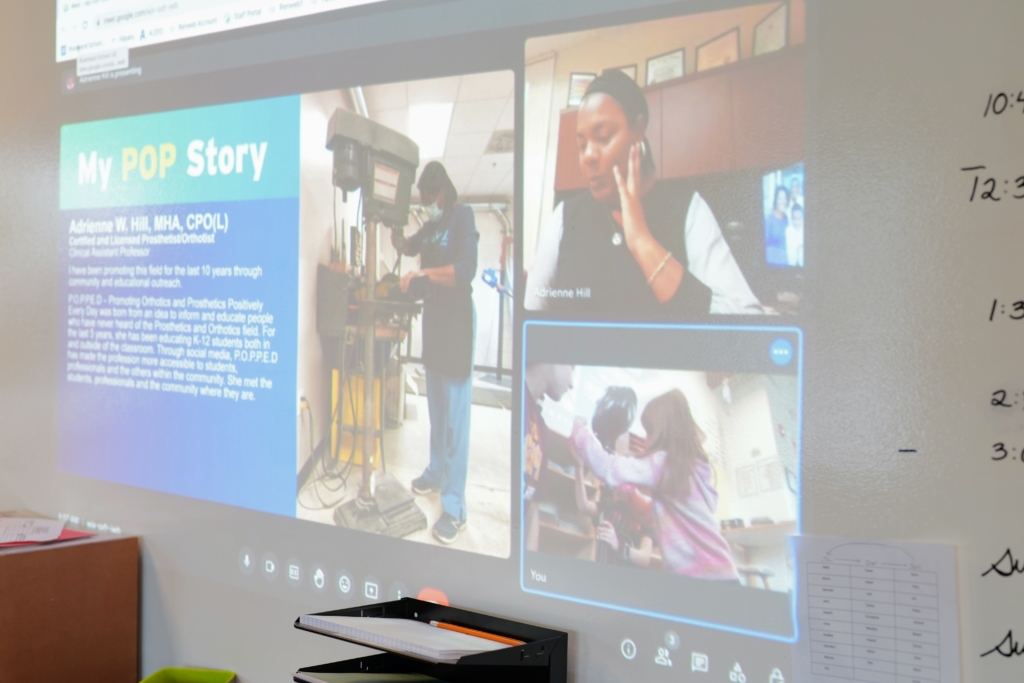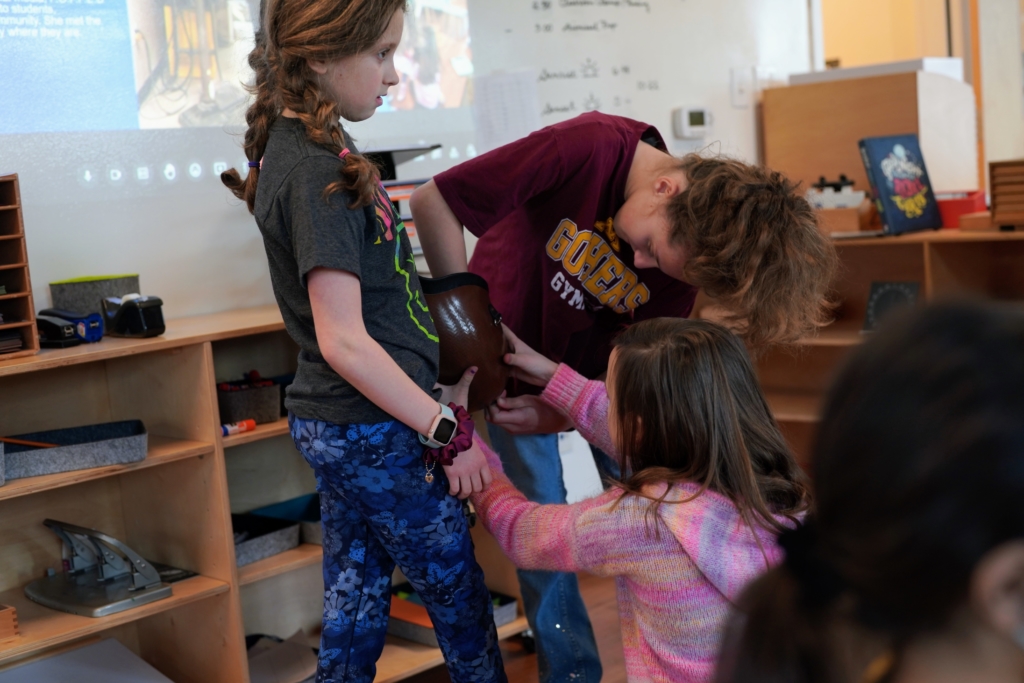Sign Up for a Virtual Open House!
Sign Up for a Virtual Open House!
February 24, 2023
During Black History Month students in Upper Elementary (UE) are engaging with the questions “Who am I?” and “Why am I here?” In their daily reading, writing, and history work they engage with materials that mirror their own identities as well as provide windows into the identities of others. So, for Black History Month the UE will be growing their understanding of the world around them even further by engaging with social issues that disproportionately affect the Black community – food inequality, youth activism, and the intersection of disability and race.

The Montessori curriculum is deeply rooted in developing the child as a global citizen. Adrienne Anderson wrote in the 2022 Winter edition of Montessori Life Magazine “The Cosmic curriculum is the thread holding the entire Montessori pedagogy together, anchoring the child’s education to the existential questions of “Who am I?” “Where did I come from?” And “Why am I here?” (Anderson, 2022). It is in Upper Elementary (UE) that students enter the second plane of development (from 6 to 12 years old) that the question of “Who am I?” becomes increasingly important. Throughout Children’s House they learned about the world through practical life and learning how to, literally, care for themselves and their materials. The charge now is to think about the greater world and their place in it.
Students have been introduced to concepts of systemic issues, such as food insecurity and food inequality in the United States, with the focus on the disproportionate struggles that people of color may face. The focus of UE science this year has been the human body, from bones to “The Great River” and recently, Mr. Wilkins has been teaching about nutrition and how food helps our body. Engaging in the Cosmic Curriculum means looking at the impact of governmental systems that affect our ability to nourish our bodies. Students have been introduced to concepts such as “food deserts” and “food insecurity” and urban farming as a means of resistance (the 2023 theme of Black History Month).


On Friday, February 10, the UE was virtually visited by Adrienne Hill, a certified prosthetist/orthotist (CPO) to discuss her job making prosthesis and orthotics for any and all limb difference you can think of. She sent prosthetics, fingers, legs, and hands that the students were able to touch and even build! Adrienne also let us know that 80% of prosthesis users are people of color but only 2% of clinicians are people of color. The students also learned about inequities in access based on the cost of the prosthetics. Most insurance companies allow for your first prosthesis for free, but if you are a child who is growing, or require a specialized tool (running blades, hooks, etc) then you must pay out-of-pocket for any subsequent ones needed.
The next step for Upper Elementary students will be to choose a topic that they have found interesting to research and explore further. In March students will be presenting their projects and learnings at Assemblies.